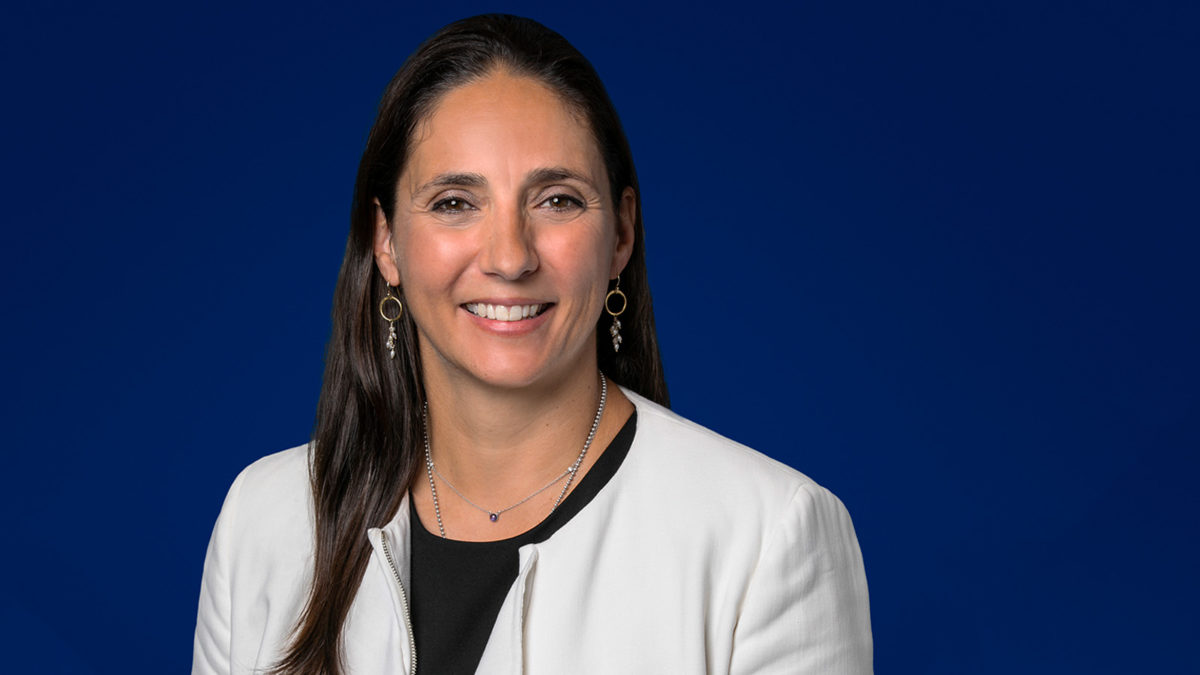Citi seeks super growth in private markets
“The industry has changed a lot, and the reason I’ve come back to Citi is because of that change,” says Nicki Ashton, Citi’s new managing director and senior relationship manager for superannuation. “We all know that the industry is consolidating with a lot of merger activity; the other key thematic is this in-sourcing activity, which a lot of the funds have been doing for a long time. It’s not a new phenomenon, but it’s really accelerated in the last couple of years as these funds grow.”
Ashton previously worked in Citi’s equities and trading business before moving to asset management. After stints at Pendal and IFM she’s returned for a role that spans relationship management, market activity, and broader strategy. Ashton’s nominal predecessor in the position was Mark Woodruff, now head of markets. Woodruff “wore many hats”, and the new appointment means a focus on more “holistic engagement” with super fund clients as Citi looks to grow that part of its business.
“The relationships we have globally, I think, are going to be increasingly important for these larger superannuation funds… My personal opinion is that they’re never going to get entirely away from having strategic relationships, whether that be investment managers or investment banks. You need diversification, and people who can deliver relationships and ideas and strategies outside of their own sphere.”
Consolidation has seen more flow business, while on the custody side it’s driven the acquisition of RBC’s asset servicing business in a bid to build scale for the era of the megafund. Some processes have changed; business that once came from external managers now comes directly from the super funds themselves. And Citi is now seeing more opportunities to nab parts of the private markets business.
After all, nation building is the next big thing for the industry funds, which are set to enjoy at least three years – probably longer – of a friendly government with money problems. Former Treasurer (and current Cbus chairman) Wayne Swan called on big super to pitch in earlier this year, saying they could provide the same economic buffer they did during the GFC by investing in local infrastructure. Renewable energy and affordable housing are two growth areas, Ashton says, and they’ll likely attract international interest too.
“The infrastructure buildout that needs to happen in Australia means that there’ll be offshore interests as well,” Ashton says. “You’ve got very sophisticated funds in Canada and a number up in Singapore as well that are good global investors – particularly on infrastructure. Those opportunities are going to be competitive.”
“I do think there is a lot of appetite for nation-building in Australia… For members invested in superannuation funds, there’s an expectation that a portion of those assets are going to improving the infrastructure and wellbeing of our own country as well as that of others.”
While questions remain about how partnerships with the government will be structured and managed, Labor’s decision to review the Your Future Your Super (YFYS) performance test indicates that it will be taking a more collaborative approach to the superannuation industry.
“With the regulatory change there, we welcome the government coming in and doing a review. What we’d like to see is better alignment, particularly for ESG-style investments, which I believe is very much under consideration,” Ashton said.
“A lot of the opportunities that we’re looking at in the sustainability space would be great to partner with long-term patient capital, and I think that meets the longer-term objective and aligns with the government’s position around our own net zero ambitions here.”











